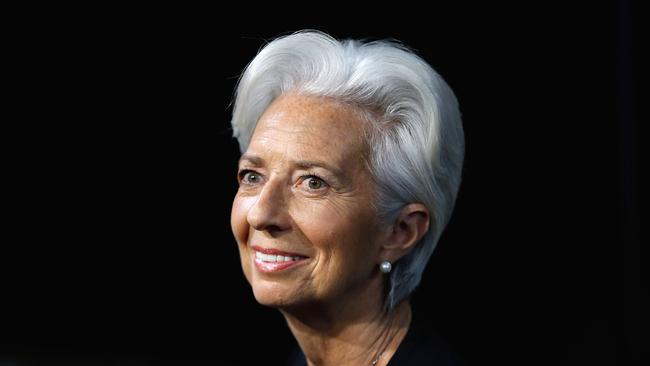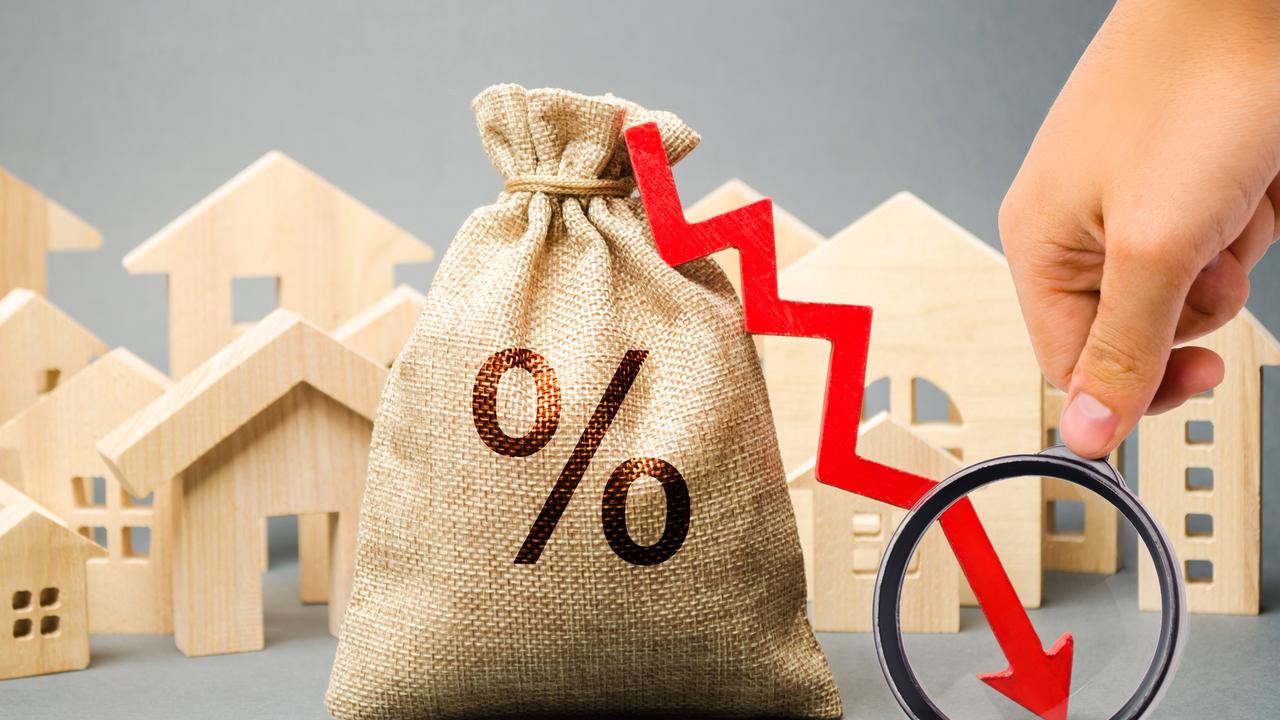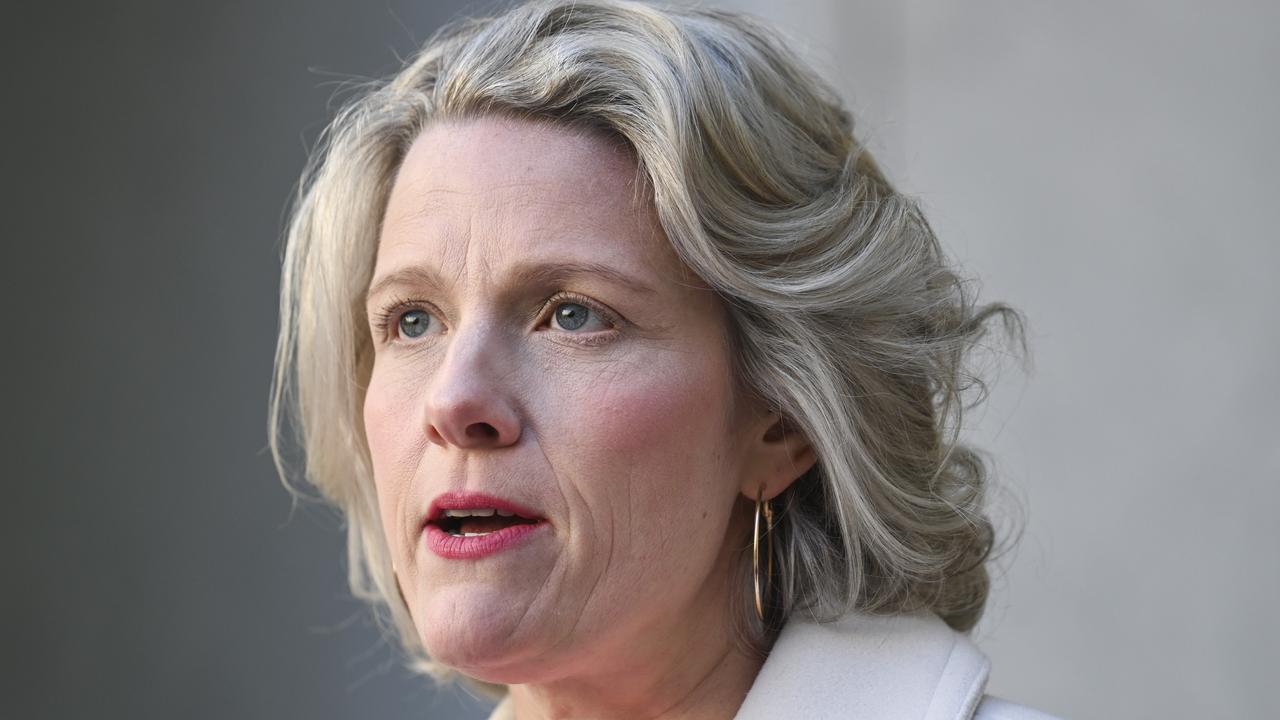IMF signals another global growth downgrade
The global economy is at risk of stalling without stronger efforts to reverse a rise in protectionism, the IMF warns.

The failure of policy makers to fix deep-rooted problems in the world’s largest economies has pitched the globe into the worst slow-growth rut in nearly three decades.
And it could be about to get even worse, the International Monetary Fund said Thursday, signalling another downgrade ahead in its global growth outlook.
The IMF warned leaders of the Group of 20 largest economies meeting later this week in China that the global economy is at risk of stalling without urgent action to revive dismal trade and investment levels, and stronger efforts to reverse a rising tide of protectionism.
“The political pendulum threatens to swing against economic openness, and without forceful policy actions, the world could suffer from disappointing growth for a long time,” said IMF Managing Director Christine Lagarde.
“High frequency data points to softer growth this year,” the IMF said in the G20 report.
Another IMF downgrade would make this year’s growth rate the slowest since the 2009 financial crisis cast the world into recession.
Global markets shuddered after the UK’s surprise vote in June to leave the European Union, but have largely steadied since then. But muted output, very low inflation and slowing trade points to an even slower pace of global growth than the fund’s July forecast of 3.1 per cent, the IMF said in a briefing prepared for the G20 summit. “High frequency data points to softer growth this year.”
US growth has underwhelmed, weighed down by a strong dollar and weak exports and dimming long-term growth prospects. The IMF indicated it would downgrade its July 2.2 per cent forecast for the world’s largest economy this year.
European economies are still struggling to escape the legacies of the financial crisis with high unemployment and debt. Japan keeps flirting with recession. China’s slowdown and an associated long-term commodity-price slump is still swamping many emerging markets around the globe. Brazil and Russia are coping with deep, two-year contractions. Nigeria, Africa’s largest economy, is now in recession. And South Africa’s economy continues to flail in the face of political troubles. Commodity exporters around the globe are running to the IMF and the World Bank for financial assistance as debts rise and deficits deepen.
Major central banks have pushed monetary policy well past traditional limits. Despite jobless levels falling to precrisis levels, the US Federal Reserve has had to hold off bumping up interest rates from their threshold just over zero for nearly a year as foreign headwinds add to domestic problems Japan and Europe’s central banks have forced an unprecedented level of sovereign bonds into negative rates in a desperate effort to spur risk-taking and investment.
Meanwhile, G20 members have failed to overhaul their economies in such a way as to spur long-term growth through higher productivity. More than two years ago, the group pledged to boost global growth by 2 percentage points by 2018 through a combined restructuring of their economies, but domestic politics have stymied those efforts.
The IMF says the weakening outlook could create a dangerous feedback loop in the global economy by further reducing incentives to invest and slowing trade, adding to demand shortfalls. It is also concerned about flat income growth for the middle class and low-wage earners, which the fund believes is a primary contributor to a swell in support for anti-globalisation and trade policies around the world.
“These developments threaten to open another negative dynamic, in which political action fails to deliver the structural reforms needed to lift growth and instead turns toward inward-looking assaults on free trade,” the IMFsaid.
Under pressure from exporters and industry, China’s leadership is still keeping unproductive steel and aluminium capacity online, pushing prices down and aggravating trade relationships worldwide. Antitrade rhetoric on the US presidential campaign has all but capsized the White House’s efforts to get the Trans-Pacific Partnership trade deal ratified by Congress. British voters decided in June to up-end decades of European economic integration by voting to leave the EU.
Those and a host of other economic and geopolitical threats mean the risks to the global economy are skewed to the downside, says the IMF. Over the past several years, the IMF’s downside scenarios have repeatedly materialised into their baseline forecast, forcing the emergency lender to slash its 2016 global forecast from 4.6 per cent to 3.1 per cent.
That is why the IMF is calling on central banks to keep the cheap cash machine running, including telling the Fed to consider overshooting its inflation target and holding off near-term rate increases and urging the European Central Bank to beef up its monetary policy efforts.
And besides pushing the G20 to accelerate deeper economic revamps meant to boost productivity and competitivess, the IMF has also said a global joint stimulus plan is necessary to ward off darker prospects.
“Inaction risks reversing global economic integration, and therefore stalling an engine that, for decades, has created and spread wealth around the globe. This risk is, in my view, too large to take,” Ms Lagarde said.
But unlike the 2009 meeting when the world economy was heading into a recession, the G20 isn’t crafting a new co-ordinated plan to counter those growth challenges. Europe’s fiscal hawk and economic disciplinarian, Germany, has stoutly rejected calls to ramp up spending.
“We certainly are not seeing a global recession like we did in 2008, but I think that the macroeconomic policies have failed to take advantage of the opportunity to have a more robust period of growth,” said US Treasury Secretary Jacob Lew Wednesday.
Dow Jones




